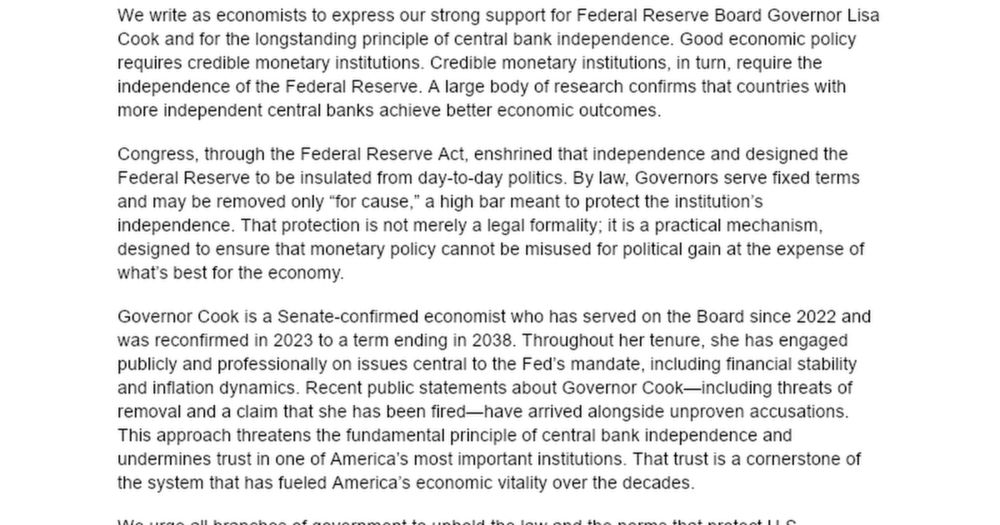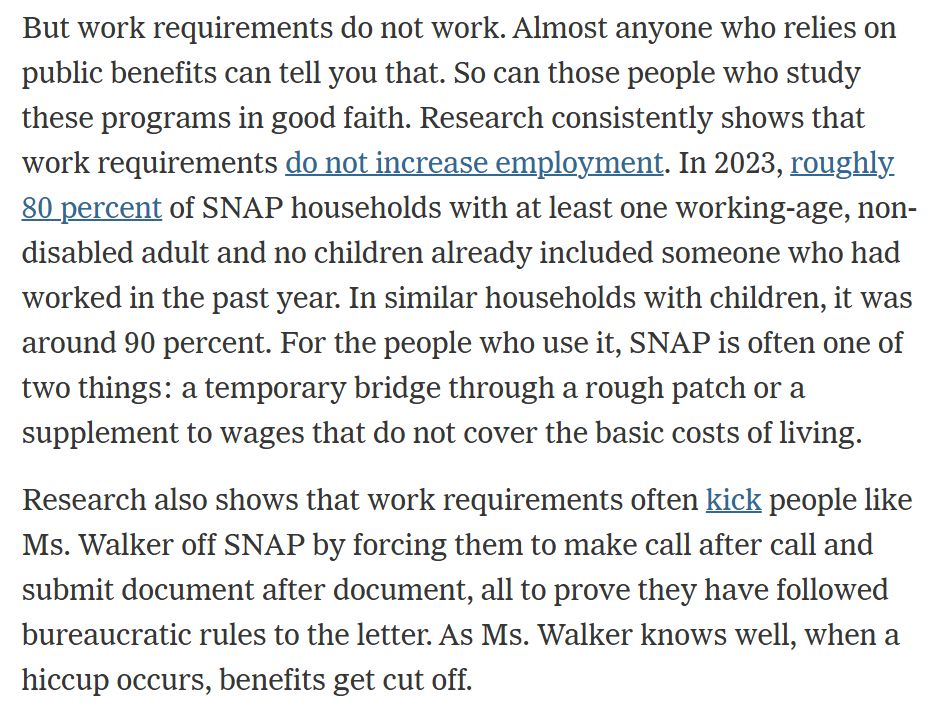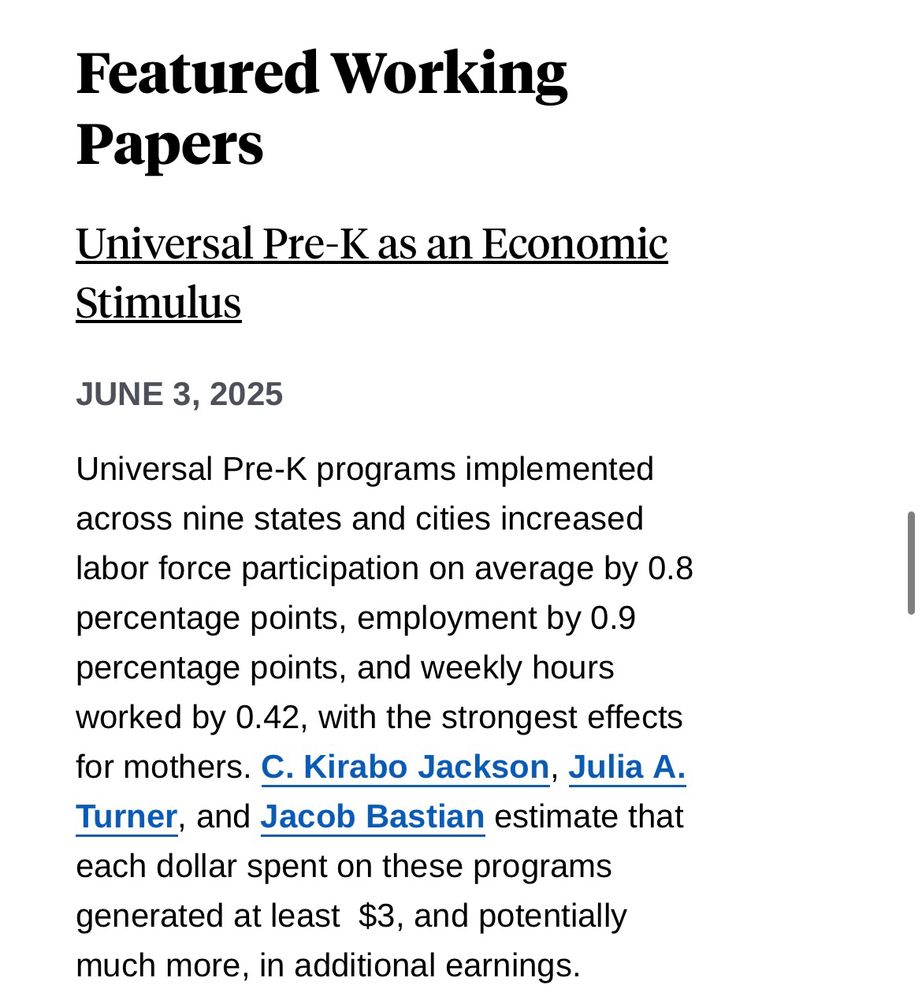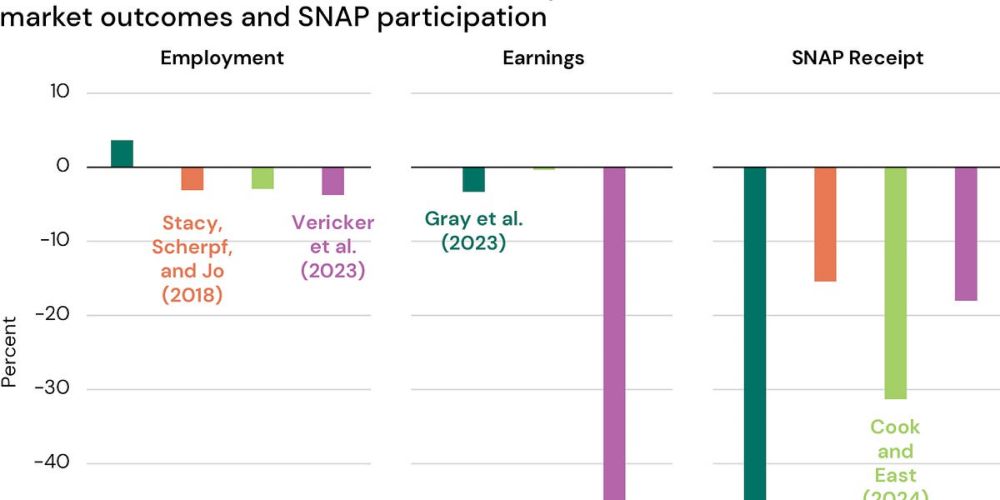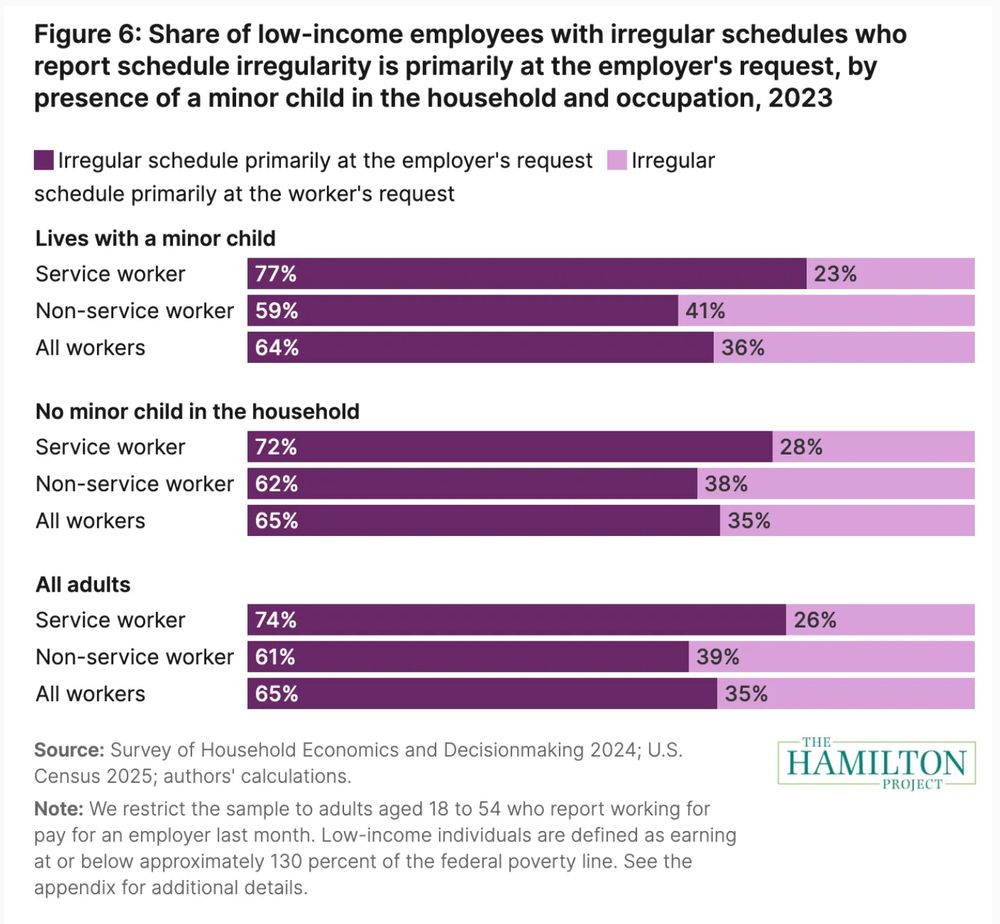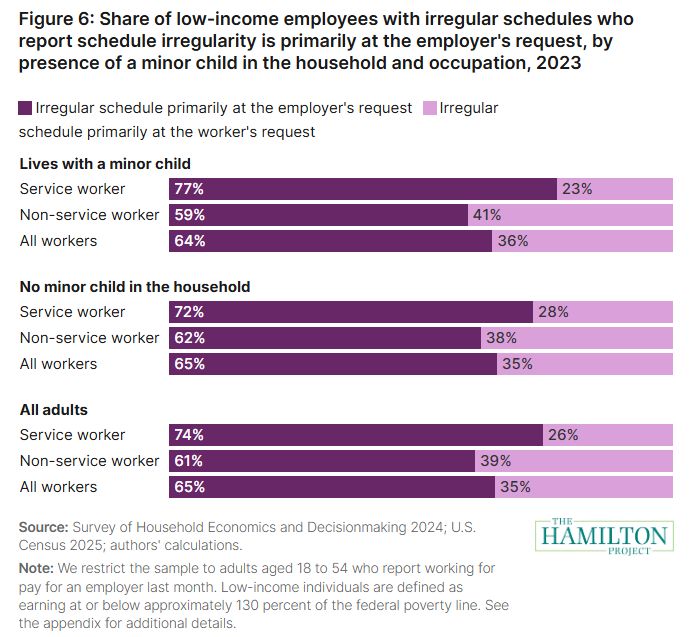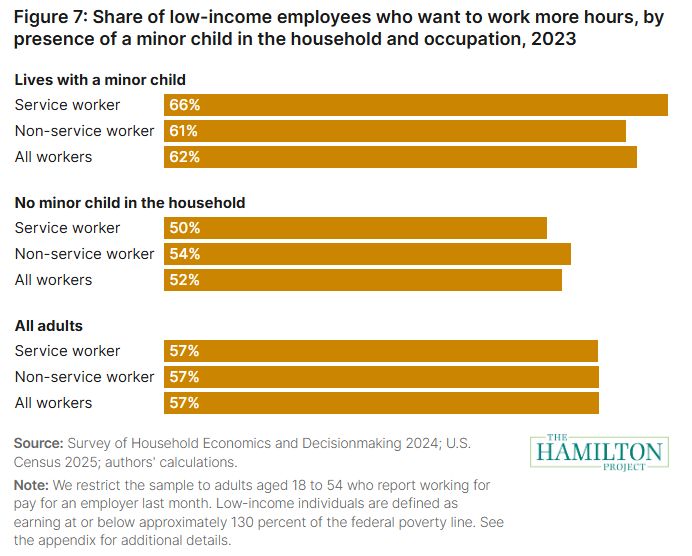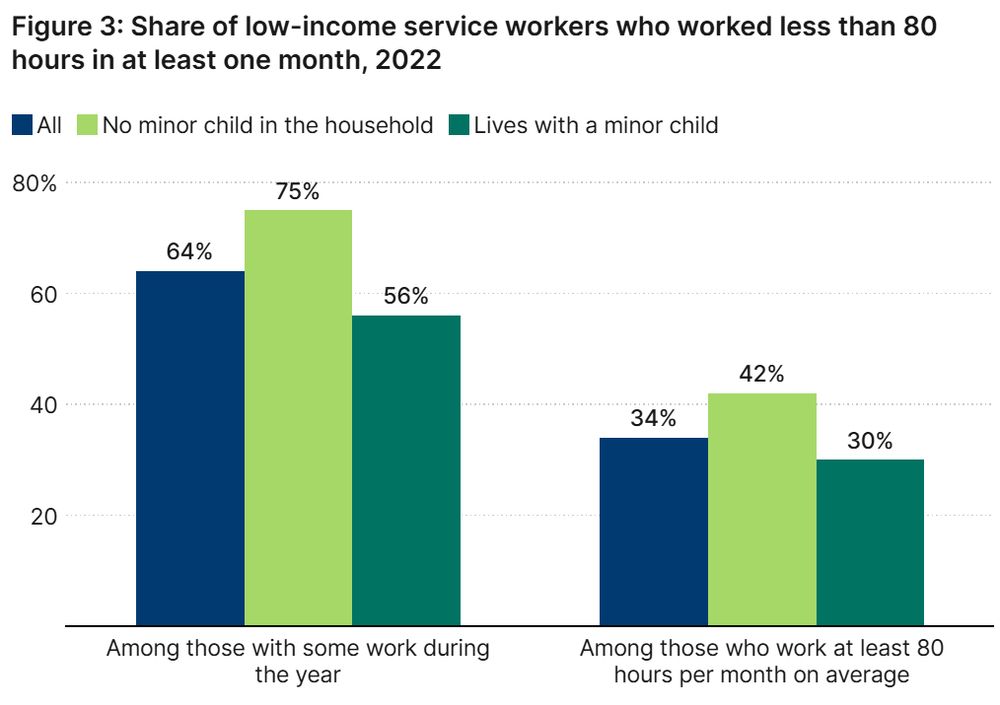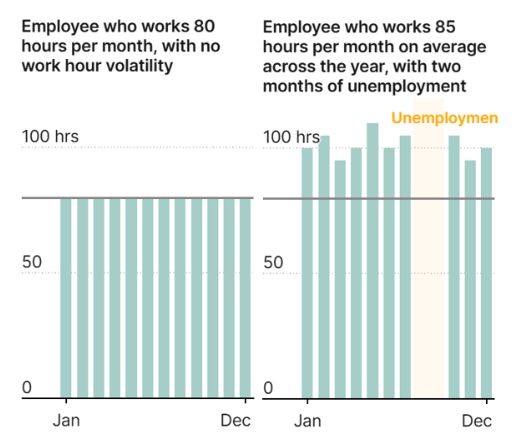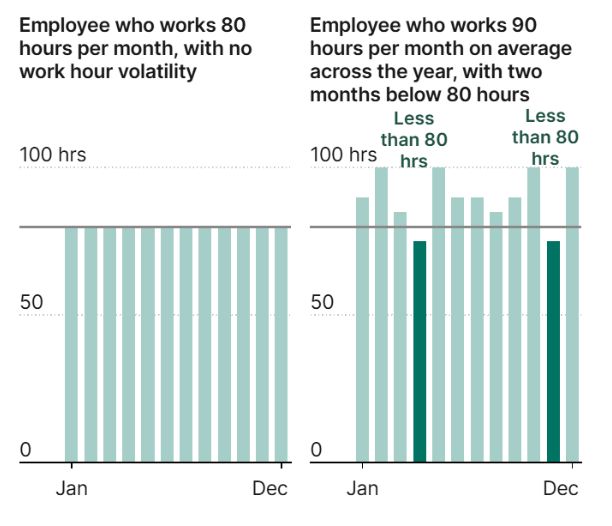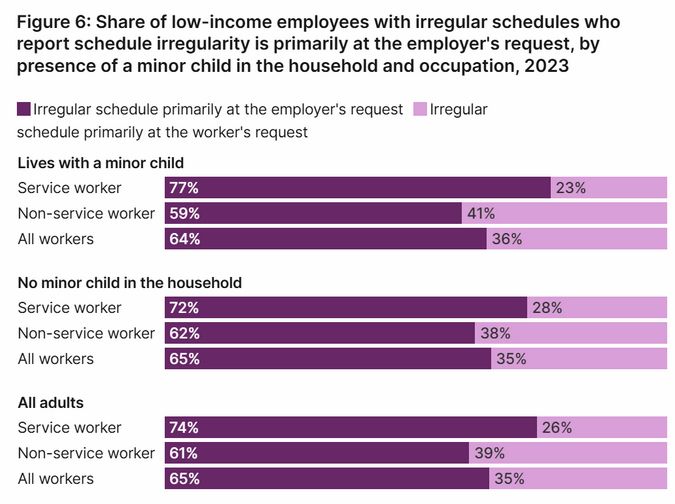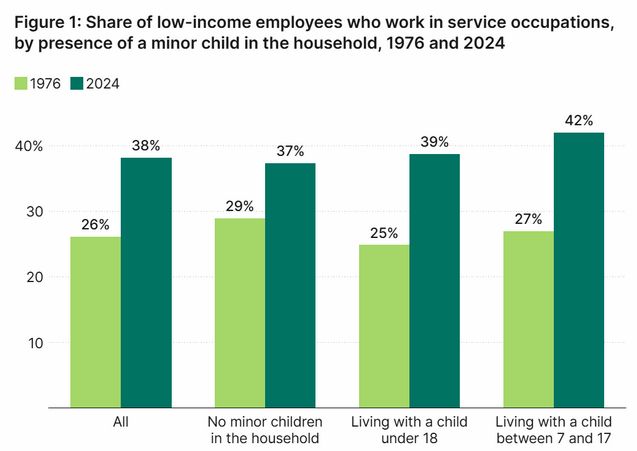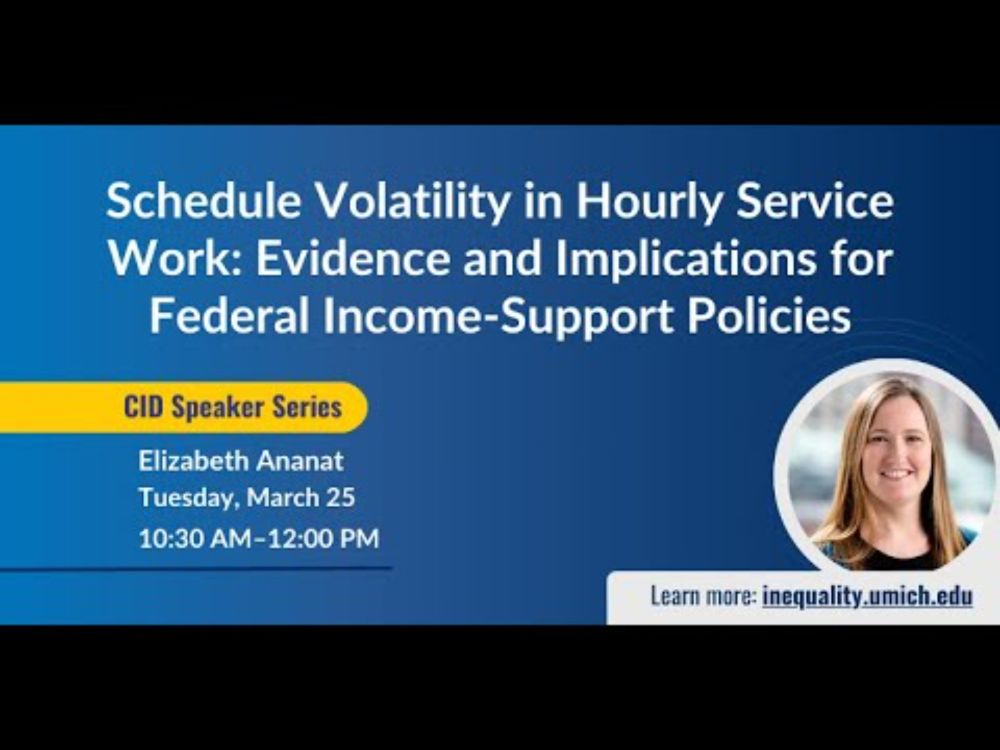Liz Ananat
@lizananat.bsky.social
5K followers
740 following
110 posts
Mallya Professor of Women & Economics at Barnard College, Columbia University. Co-convener for Policies & Inequalities, Columbia Population Center. Obama CEA alum. Views=own. She/her.
Posts
Media
Videos
Starter Packs
Reposted by Liz Ananat
Reposted by Liz Ananat
Reposted by Liz Ananat
Reposted by Liz Ananat
Reposted by Liz Ananat
Reposted by Liz Ananat
Reposted by Liz Ananat
Reposted by Liz Ananat
Reposted by Liz Ananat
Pam Herd
@pamherd.bsky.social
· May 27
Liz Ananat
@lizananat.bsky.social
· May 27

Work requirements penalize workers in volatile occupations
Elizabeth Ananat, Anna Gassman-Pines, and Olivia Howard warn that work requirements, such as those Congress is currently considering adding or expanding in means-tested programs, penalize low-income w...
www.brookings.edu
Reposted by Liz Ananat
Don Moynihan
@donmoyn.bsky.social
· May 27
Liz Ananat
@lizananat.bsky.social
· May 27

Work requirements penalize workers in volatile occupations
Elizabeth Ananat, Anna Gassman-Pines, and Olivia Howard warn that work requirements, such as those Congress is currently considering adding or expanding in means-tested programs, penalize low-income w...
www.brookings.edu
Liz Ananat
@lizananat.bsky.social
· May 27
Liz Ananat
@lizananat.bsky.social
· May 27

Work requirements penalize workers in volatile occupations
Elizabeth Ananat, Anna Gassman-Pines, and Olivia Howard warn that work requirements, such as those Congress is currently considering adding or expanding in means-tested programs, penalize low-income w...
www.brookings.edu
Liz Ananat
@lizananat.bsky.social
· May 27
Reposted by Liz Ananat
